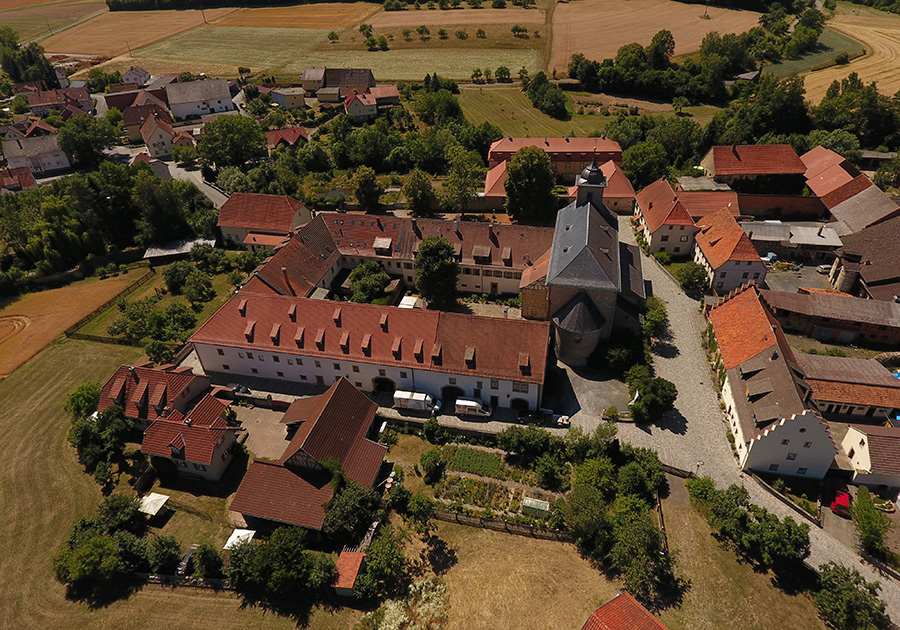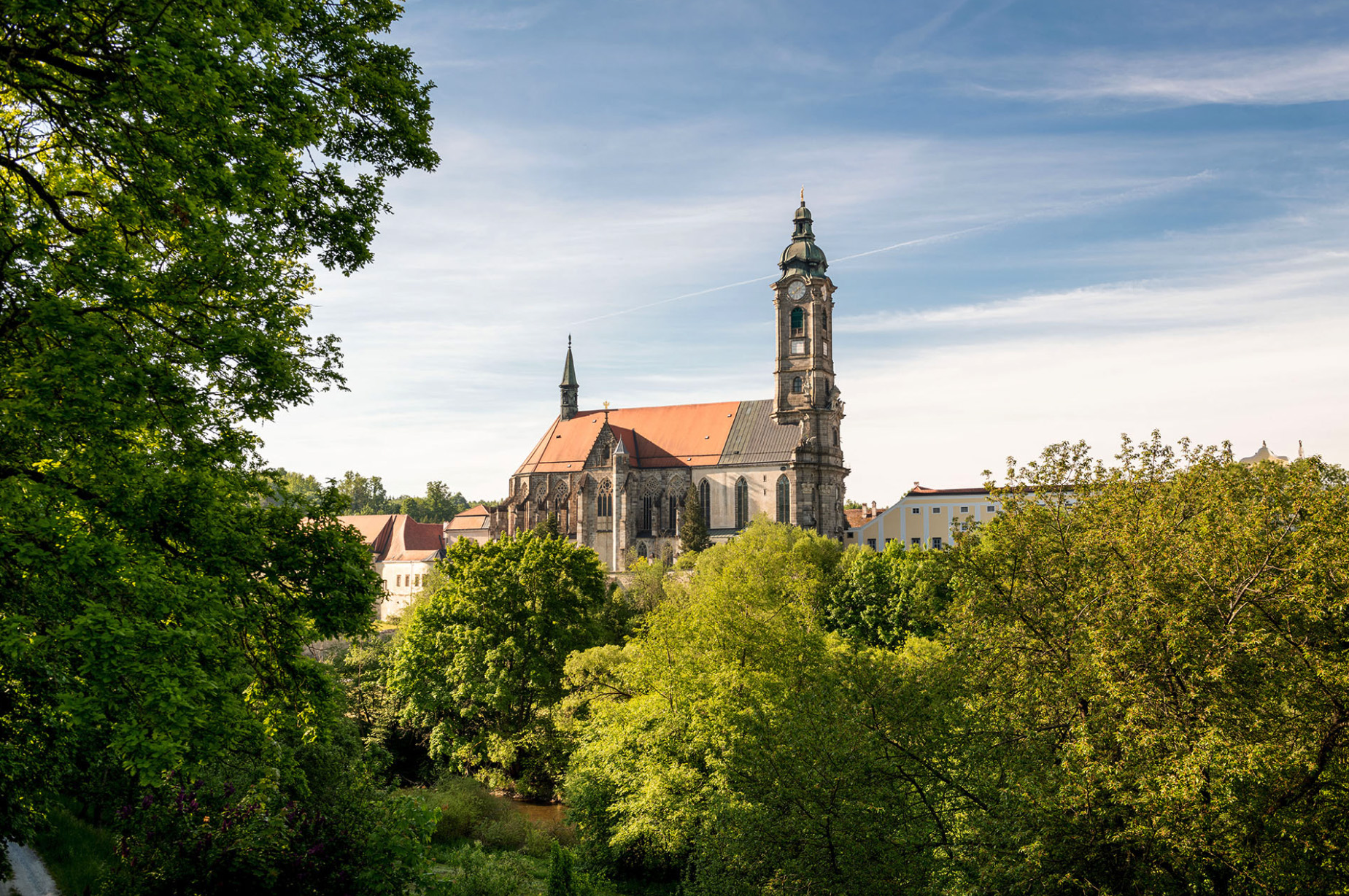
Wechterswinkel Monastery: Exhibition Kloster erLEBEN – Women’s lives in the Middle Ages
In the Middle Ages, the vast majority of the population lived in the countryside. Women carried out a variety of tasks in addition to the strenuous work in the fields: They prepared the daily meals, washed clothes, hauled water and made clothes for their families. The only way to escape the grueling cycle of childbearing

Start of the season
Zwettl Monastery Zwettl Abbey 1, ZwettlZwettl Abbey starts the new tourist season on Palm Sunday. From now on, guided tours of the monastery will once again take place daily. On tour three, which leads into the baroque library with its magnificent frescoes by Paul Troger, visitors can also see the special exhibition "Cisterscapes - we are European cultural heritage".

The foundation of monasteries in the Middle Ages using the example of Zwettl Abbey
Festsaal Raiffeisenbank Waldviertel Mitte Country road 23, ZwettlIn his lecture, Franz Ettmayer also describes the influence of territorial and ecclesiastical personalities on the fate of our country. After the political order of Charlemagne, the Carolingian Empire began to disintegrate. Before and after the turn of the millennium, political reorganization began between the Enns and the Vienna Woods and north of the Danube.


